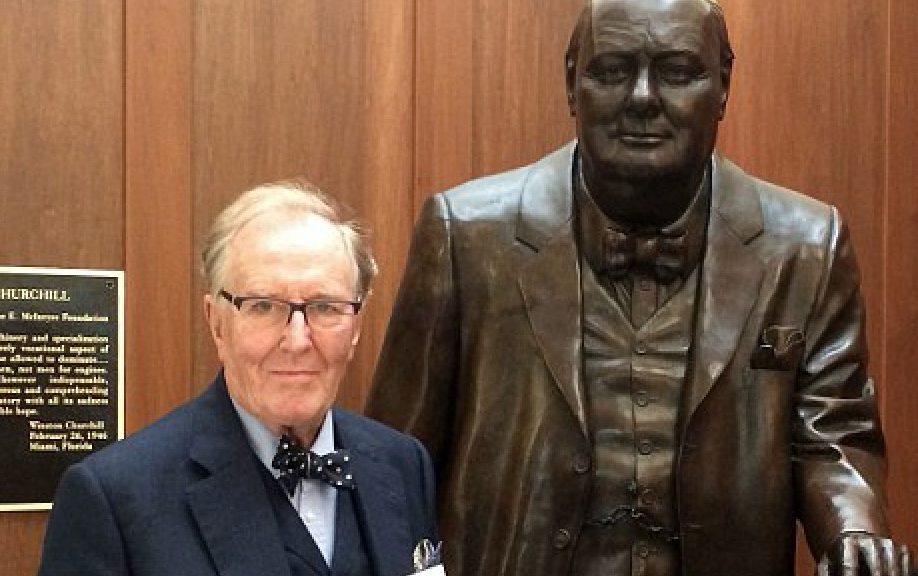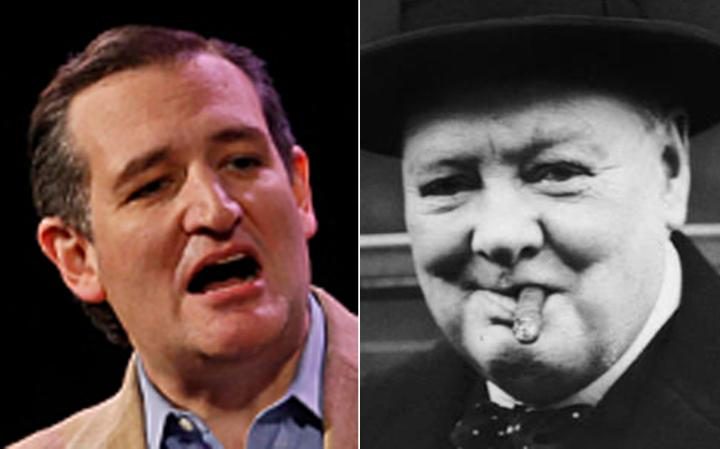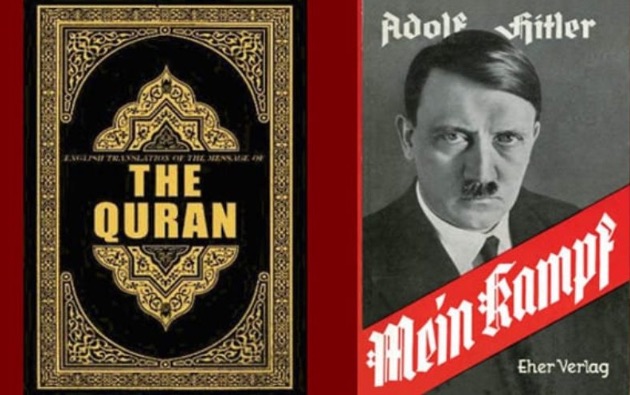
“The Wilderness Years” with Robert Hardy: Original Review
The Hillsdale College Churchill Project has just republished “Scaling Everest,” Robert Hardy’s recollections of playing the Wilderness Years Churchill. They are from 1987, his speech to one of our Churchill Tours, at the Reform Club, London. We are grateful to his executors, Justine Hardy and Neil Nisbet-Robertson for permission to reprint. For Part 1, click here.
I thought the occasion appropriate to republish my original review of the “Wilderness Years” from 1981, some years before we met. I thought at the time I had “laid an egg”—in Churchill’s phraseology, not RH’s.…








